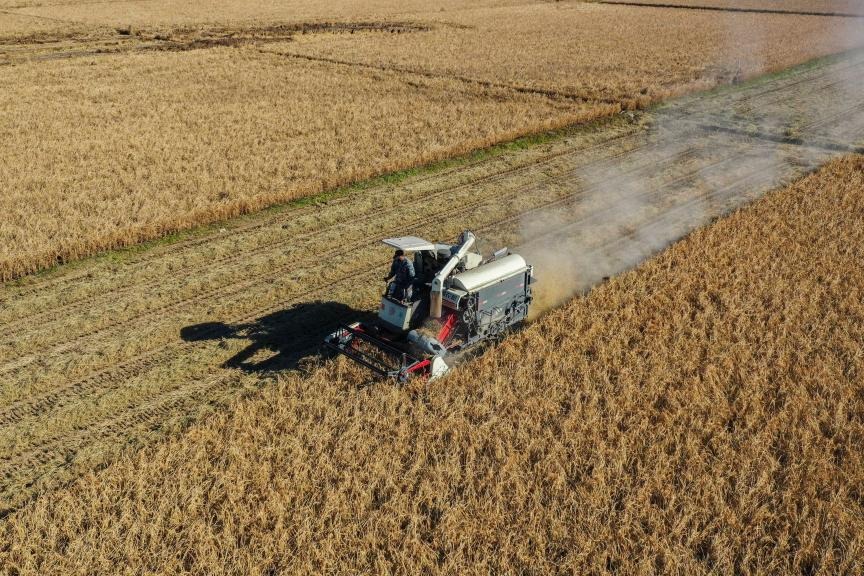Judiciary takes innovative step to punish law-breakers, protect environment


Jumang Peak, which literally means peak in the shape of a giant serpent because of its shape of a 128-meter-tall pillar on a mountain, in Jiangxi province, has a history of 300 million years. Therefore it is protected as a world natural heritage site.
Yet on April 15, 2017, three tourists climbed to its top and inserted 26 stainless nails into the rock of the peak. They were caught by the police, prosecuted, and ordered to pay a compensation of 6 million yuan ($871,300) to repair the damage. Huang Heping, a professor at the Jiangxi University of Finance and Economics, said with sorrow that the damage done by the nails to the rock was so severe that the whole peak might disappear one day because of the acceleration of the erosion and weather effect.
That's one of the cases highlighted by In-Depth Legal Talk, a program of China Media Group, in its newest six-episode series about how the judiciary has taken measures to protect the ecology and environment in the past 10 years. During the decade, the judiciary has creatively introduced the damage-repairing mechanism, which allows those found guilty of destructing the environment to compensate for the damage they have done so as to get a lighter penalty while the environment gets its needed repair.
Besides the Jumang Peak case, in 2021 a group of six suspects were found to have illegally sawed seven large trees from the forest in Baoxing county, Southwest China's Sichuan province. They sold the wood and the century-old trees disappeared within minutes in the dark.
In its verdict against the six suspects, the local Baoxing People's Court ordered that the accuse purchase 24 tons of carbon sink and plant 70 new spruces in the forest so as to compensate for the carbon. Four of the six defendants found guilty were given reprieves, while one was fined and another sentenced to three years in prison. All got their chances to mend the wrongs they committed by contributing to the nation's "dual-carbon" goals.
Through these actions, the court has reached a high combination of social benefits and environment benefits, as the suspects that regret their crimes get a chance to repair their damage while the environment gets faster recovery because of their efforts.
Of course, being tolerant does not mean letting loose the law-breakers. The law is the law and those breaking it face penalties. In July 2021, the local police of Chongqing municipality traced a truck carrying 400 kilos of aquatic products, thus discovering a group of 12 illegally fishing in the Yangtze River. Yet those selling the wild fish denied having any knowledge about the fish supplied to them being wild, saying that they just purchased fish from the fishermen without knowing where they came from.
The police and the procuratorate found evidence by collecting data from their chat records, and all 12 were found guilty. Those breaking the law will get caught, whatever role they play in the whole illegal chain.
That's also what the whole judiciary is fighting for. The greenness in China's environment is protected by all sides, among which the judiciary's contribution is also important.


































